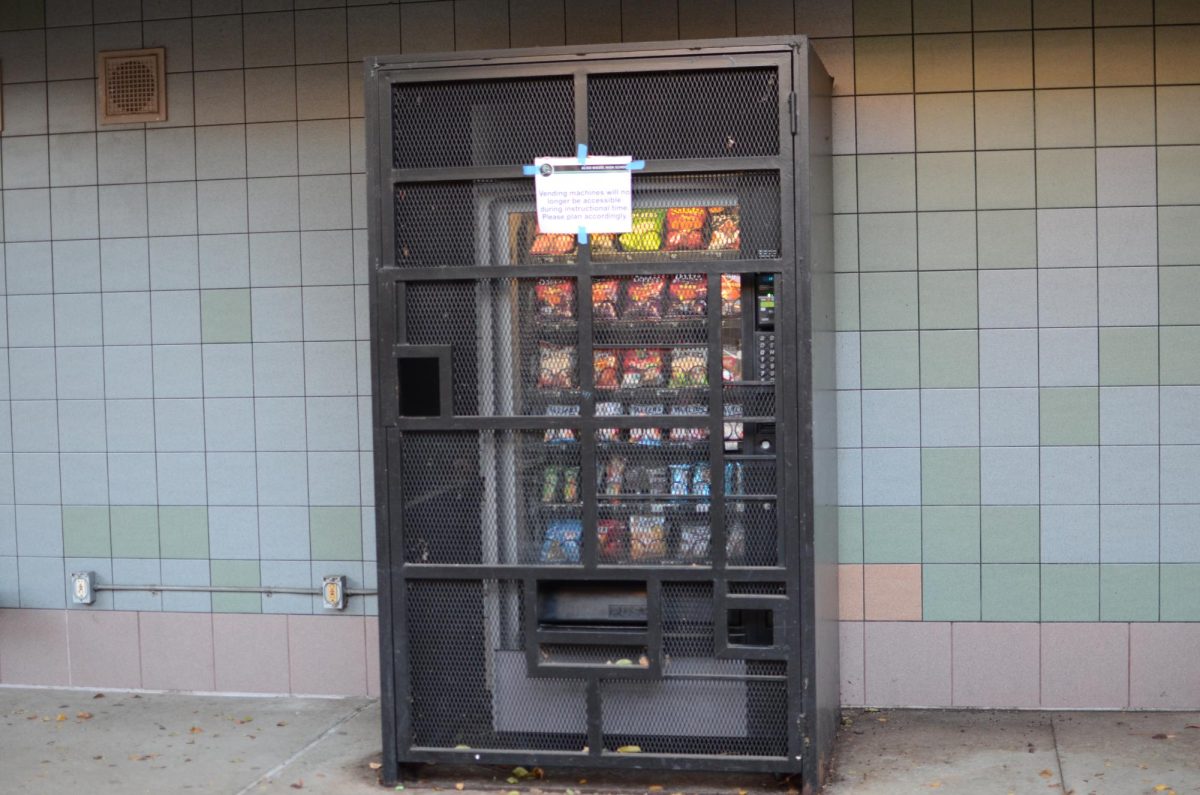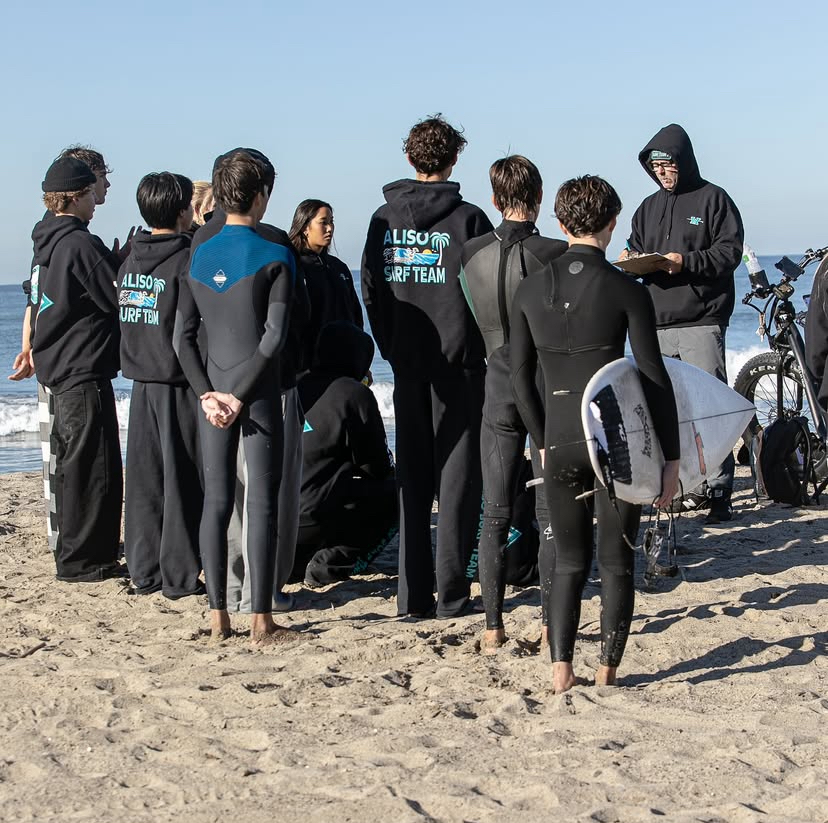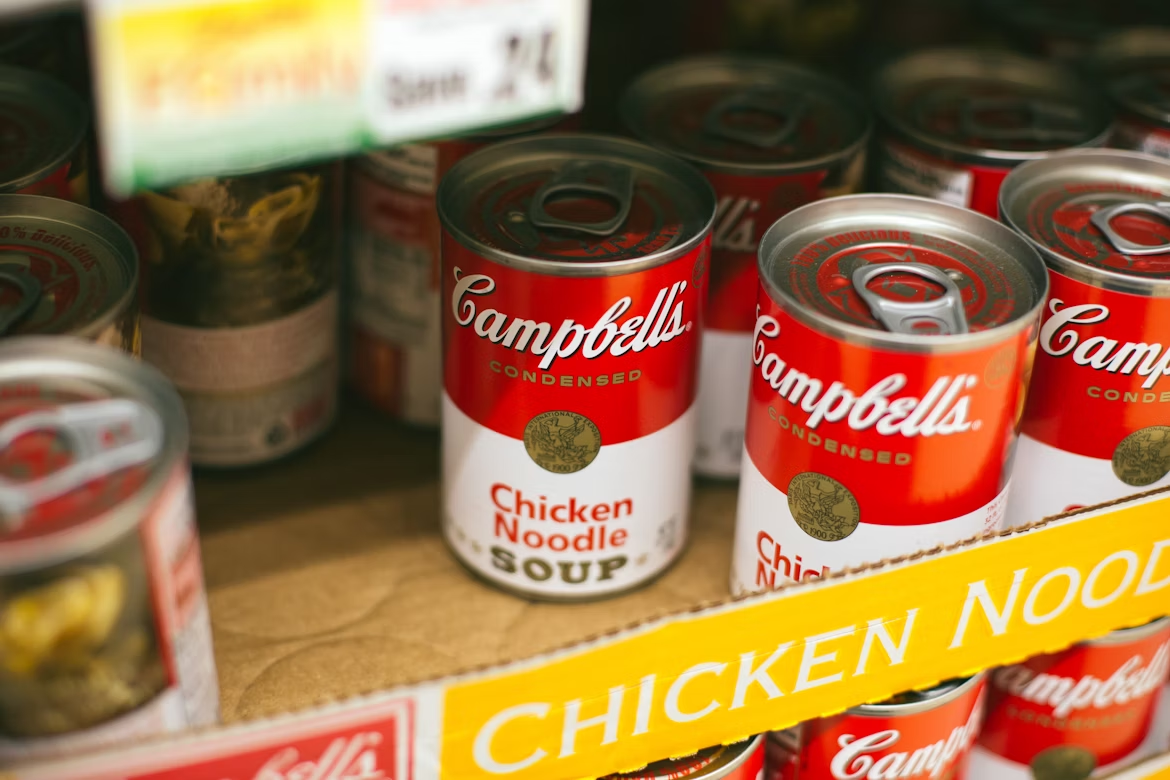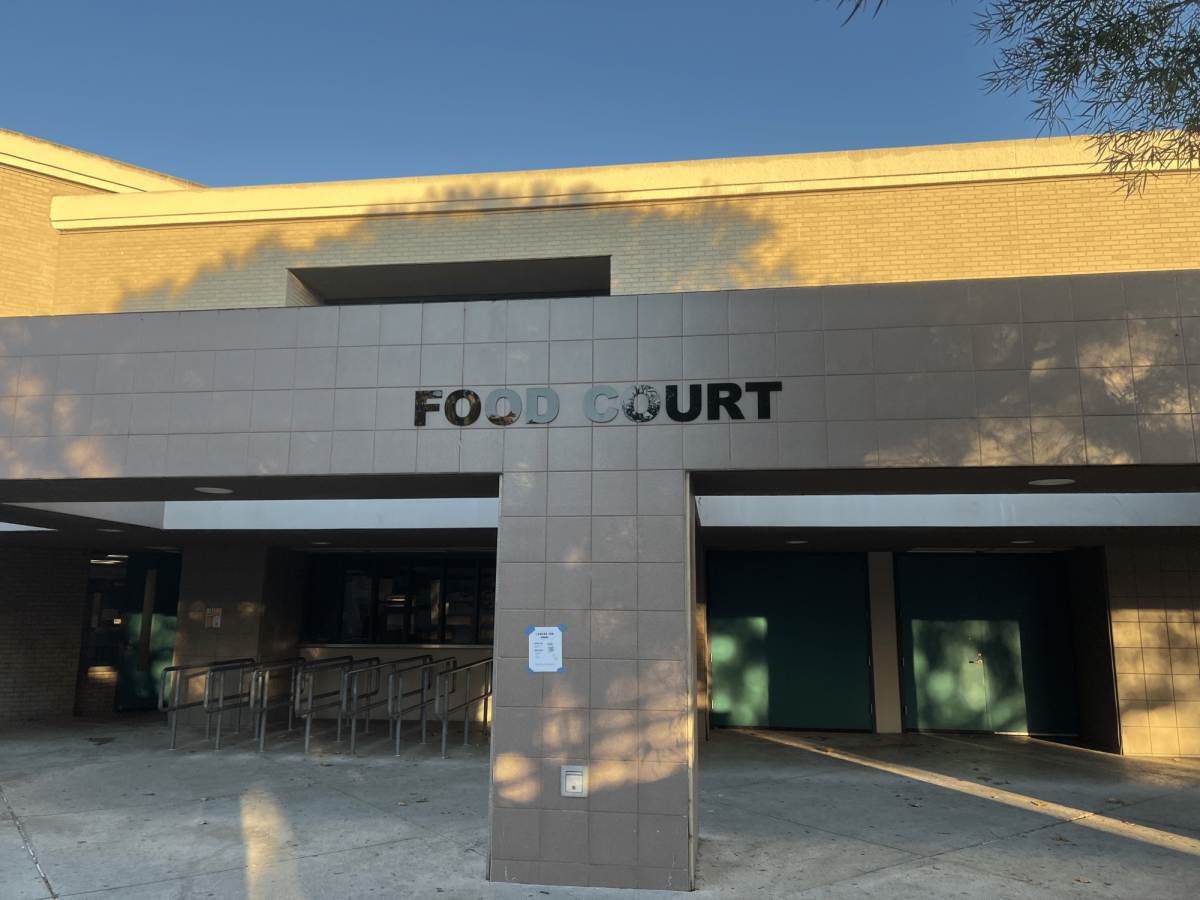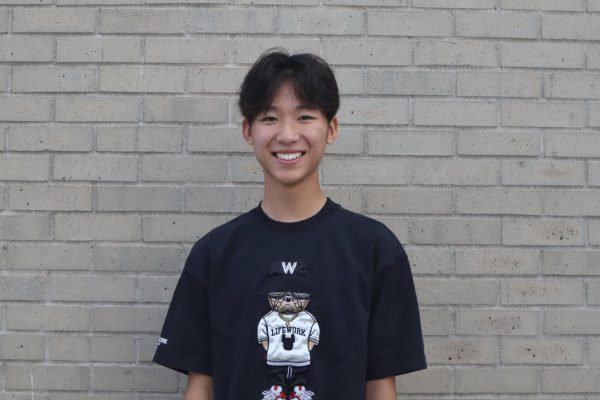The administration has implemented a policy prohibiting students from using the vending machines during tutorials. Previously, students could stop by for a snack during class, but the new guidelines only allow access before, after, or during lunch hours. As a result, many students cannot grab the bathroom pass during class and get themselves a snack.
The new sign on the vending machines prevents students from using them during instructional time and requests that they “plan accordingly” to get their necessities.
The new rules have already begun to stir conversations among students. While some are adjusting to the change, others are eager for a resolution. The policy aims to balance snack access and uninterrupted study time. Most students are unaffected by the new guidelines since they don’t use the vending machines.
Joel Shin (10) says, “I don’t have much of an opinion on the new policy but I think that not having access to snacks will lead to a lack of concentration or focus in class due to hunger.”
Students such as Shin worry about hunger affecting students and how they perform academically. Hunger can directly impact concentration and productivity, and this adjustment poses a challenge for students who rely on small, frequent snacks to maintain energy. Addressing this issue may require a more comprehensive approach, such as incorporating more flexible snack options into the school’s wellness initiatives or improving access to nutritious food during breaks.
As a solution, it is recommended for students to bring their snacks from home. Whether a student is about to take a test, or just needs a quick burst of energy, bringing snacks would be the best alternative.
On the other hand, supporters of the policy argue that it helps maintain an atmosphere conducive to learning. Some saw frequent trips to the vending machines during tutorials as disruptive, potentially distracting both students and teachers. By setting boundaries, the administration hopes to encourage students to focus on their studies during designated instructional times.
Diba Behbudi (10) says, “I believe that this new change to the vending machine will overall improve academic performance since snacks are commonly seen as a distraction here on campus … I think snacks during class are distracting in general, since most students turn their heads as soon as they hear a bag of chips opening.”
Students like Behbudi have noticed that snacks are extremely distracting in class. Realistically, if a student sees another student with food, all of the students will end up hungry.
The administration’s emphasis on “planning accordingly” also ties into the larger theme of personal responsibility. By encouraging students to think ahead about their needs, the policy aims to foster better time management skills, a valuable lesson for academic and real-world success. However, this approach raises questions about accommodating students who may not have easy access to food before or after class depending on their situation.
All students must follow the guidelines and refrain from using the vending machines during restricted hours. The policy is unlikely to change, yet it remains important for students to respect these rules to ensure smooth operations and avoid any disciplinary action.
